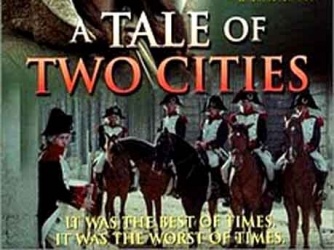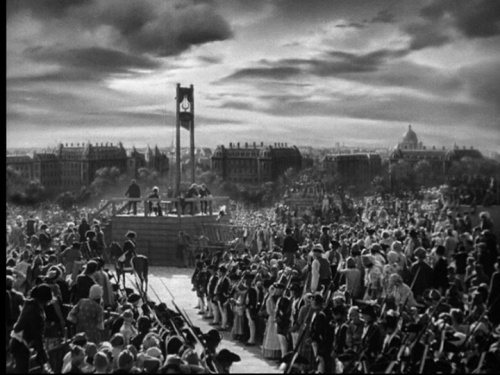


Depends on where you live, and your socio-economic class. Like “A Tale of Two Cities” is it “a tale of two economic realities”? Much of Asia and commodity rich economies in Latin America as well as Australia continue to show continued growth, albeit less robust and perhaps unsteady on its feet. The US and Europe though are evidencing much slower or no growth. Even in the Eurozone, the picture is dramatically mixed with austerity imposed countries like Greece and Portugal expecting painful contraction.
Macroeconomic Data Mixed:
US industrial production just this Monday morning (October 17,2011) posted a slight gain. In other words, much of the macro-economic data is not projecting a definitive downturn even as it does not reflect an ongoing recovery. Employment figures, housing and consumer confidence are exhibiting significantly less favorable economic environment.
Stall May not Mean Fall this Time Around?
Economy may be stalling but not necessarily falling. That was a situation most economists speculated as untenable – generally once an economy stalls it plunges like a jet plane losing power. However, that may be outdated analysis. The global economy is considerably more diverse and with many growth engines, in terms of geography, industry type and socio-economic class.
Reversing Cause & Effect Relationship Between Developing & Developed?
The healthy fiscal and currency reserve in China and many “Asian Tigers” has allowed them to refocus on infrastructure and domestic demand even as exports to the US and Europe are definitively stalling. (READ -
diplomaticallyincorrect.org/films/blog_post/asia-remains-strong-but-not-quarantined-from-euro-us-economic-woes-money-flash-by-ambassador-mo/36264) Only a decade earlier, the expression was when “the US sneezes, the rest of the world catches a cold.” No longer, and even most Latin American countries are moving forward less dependent of the US with the possible exception of Mexico. Australia and Canada have also continued to benefit from demand for food and industrial commodities.
The countries most subject to recessionary indicators are those employing fiscal austerity as in Europe and US. However, the economic impact appears uneven even within those countries with business and wealthier classes doing relatively well compared to working, middle and retired classes. Perhaps this is an indication of something more troubling, but on a macroeconomic level as a whole the predictions of imminent recession may be overstated. Rather, we have a tale of two economic realities evolving with the cumulative effect being a stall suffered by many but not a crash impacting all or most.
“It was the Best of Times. It was the Worst of Times”?
Besides the perhaps troubling implications of the “tale of two economic realities” for social cohesion, politics and economic justice, we may be on the verge of a new normal. High petroleum and food prices, speculative/shock driven spikes along with meandering employment, housing recovery and GDP growth may be the new reality – but not necessarily transforming into recession. It is a bit like the old “stagflation” of the late 1970’s. It also will affect diverse segments of America’s as well as global society in vastly different manner but the social safety net may be even more tattered now than porous back then. Charles Dickens may be a more appropriate metaphor for this new environment, and that in itself could also signal that the new normal may be also over the longer-term not sustainable. “It was the best of times. It was the worst of times”: may define the new reality. That may also at least in part explain the phenomena of "Occupy Wall Street.”
By Ambassador Muhamed Sacirbey
Facebook – Become a Fan at “Diplomatically Incorrect”
Twitter – Follow us at DiplomaticallyX
International Financial Crisis Channel -
diplomaticallyincorrect.org/c/international-financial-crisis
(Bottom PHOTO – Courtesy of Bob Barker –Canvas from Liberty Galleries)





